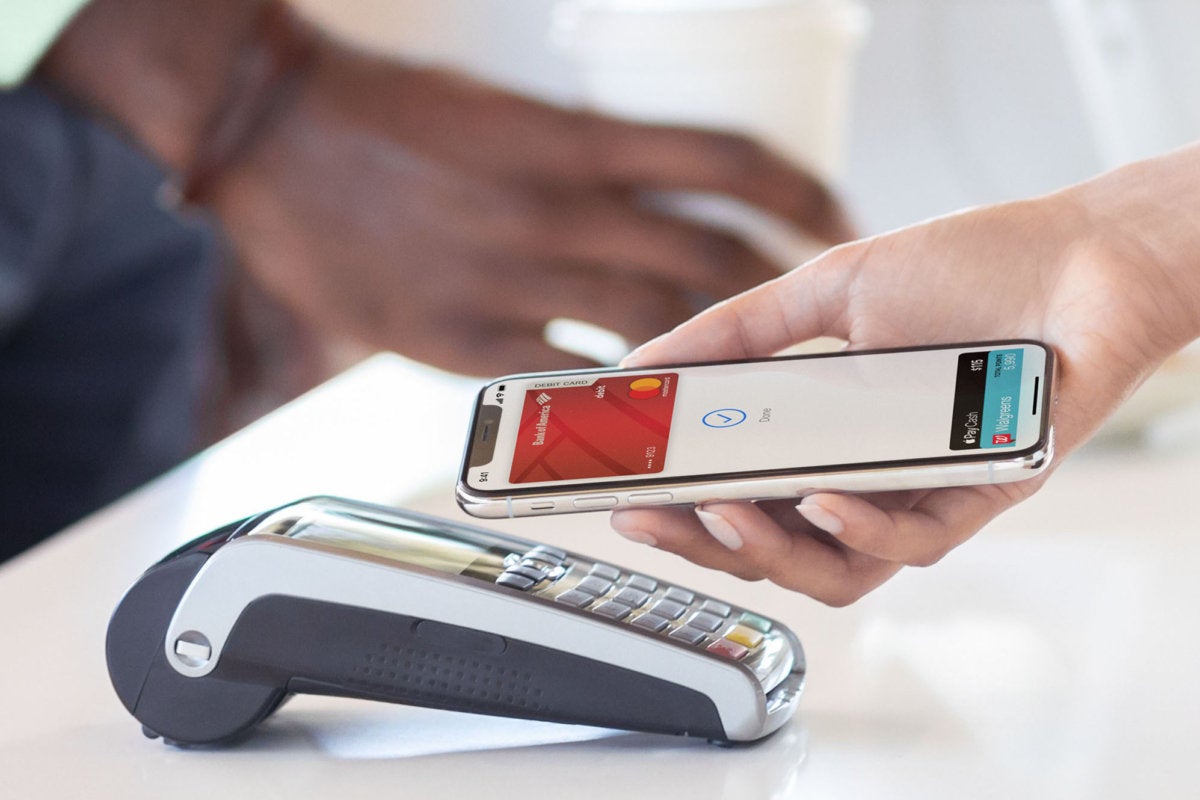In the wake of Epic’s major app store win against Google, Apple may be looking to open up some of its Apple Pay tech to mobile payment rivals. The iPhone maker has decided to make the offer rather than submit to regulation — or face a hefty fine.
NFC for the rest of us, or something
The EU competition regulator last year accused Apple of unfair competition because it prevents other companies in mobile payments from making use of the Near Field Communications (NFC) chip inside the iPhone to run their own services. This follows similar scrutiny in the US, where the Consumer Financial Protection Bureau (CFPB) is also looking at Apple’s mobile payments business.
Following a sequence of findings against it across the EU, Apple evidently hopes the move might settle antitrust charges and prevent a big fine. Regulators in the EU will now review the offer and speak with competitors and customers as it decides whether Apple has gone far enough or more action is required and they should press forward with antitrust charges.
Apple Pay has become popular in Europe. It is supported by more than 2,500 banks, the majority of retailers, and numerous challenger banks.
One reason for the service’s popularity is that Apple Pay is effectively the only mobile payment system supported on the iPhone — others seeking to offer payment services must work within the company’s Apple Wallet/Pay systems. That’s because they don’t gain access to the NFC chip inside the phone.
A bridge across the moat
Apple has made numerous arguments to defend this position, but the decision to open up retail payments with Tap To Pay (a service that lets retailers use payment systems and apps from third-party services, as well as the on-board NFC chip) shows it is possible to open up that part of the ecosystem.
This and the increasing intensity of regulation concerning all the walls around big tech’s various magic money orchards mean Apple knows it will need to find a new approach to aspects of its business.
There’s little sense resisting the inevitable. A better approach is to identify constructive ways to engage with transformation to exploit those winds of change. Those benefits might be a little hard to find, but one advantage Apple usually holds is user interface design. And just as the Apple Card exposed a real customer desire for a better UI, Apple will use its advantages to ensure Apple Pay and Wallet remain the best alternatives for most people.
Using NFC is part of the battle, but securing the process and building a good customer experience will remain the holy grail of mobile payments, even after Apple concedes this ground.
Apple has to open up for EU
The new NFC in iPhone claims must be considered alongside other changes the company is thought to be making to its services (subject to appeal). In the EU, one of these is to open up to third-party payment providers and alternatives to Apple App Stores.
The company also faces a dispute…
2023-12-14 07:41:03
Original from www.computerworld.com rnrn
